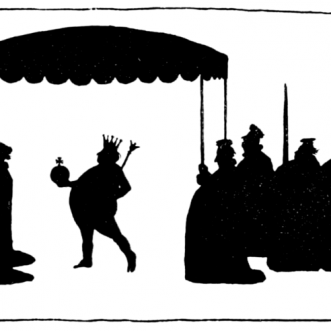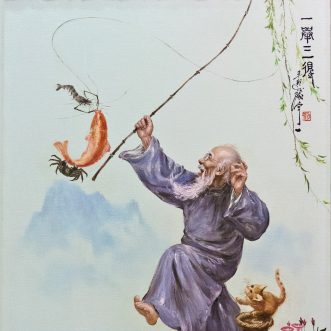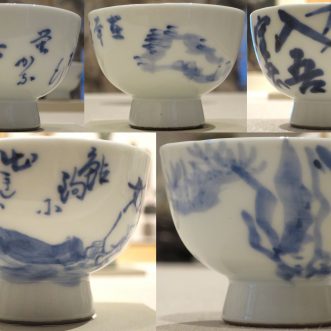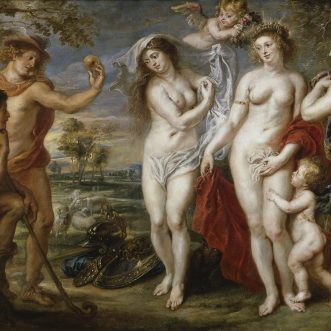
Purpose
If there is one thing that human beings like better than making their own individual dent in the universe, it’s being part of something that promises to make an even bigger dent.
We crave purpose and meaning in our lives, and if we don’t get it from work, we look elsewhere for it.
‘Work’ becomes merely the means of achieving some of our ‘hygiene factors’ – a roof over our heads, food on the table – the things that enable us to pursue our purpose elsewhere. In which case, ‘work’ probably doesn’t get our full attention, or our best energy.
One response is to starve people into spending more and more time ‘in work’, in order to simply acquire the basics. That’s how you end up with a productivity paradox.
Much better, for everyone, to offer work with purpose.








